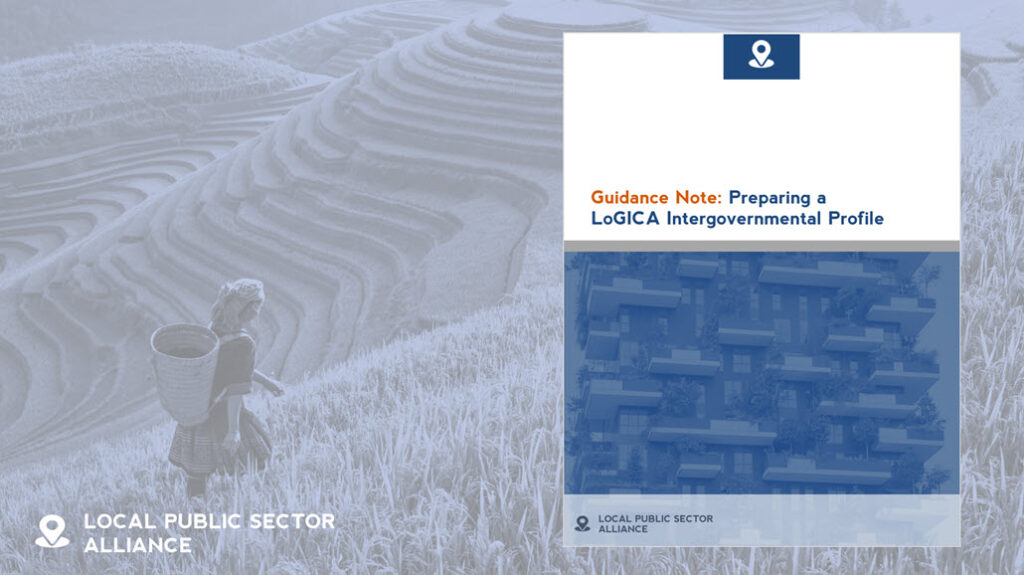
As the governance levels closest to the people, subnational governments and subnational administrative units should be inclusive, responsive, and accountable to the priorities and needs of their constituents. In practice, however, the ability of subnational officials to respond to the needs of their constituents—by delivering inclusive and effective public services; by promoting local economic development and job creation; by engaging in urban resilience and local climate action; and by ensuring inclusive governance and social inclusion—depends on the general amount of power, authority and resources provided to subnational governance institutions.
The Local Governance Institutions Comparative Assessment (LoGICA) Framework provides a diagnostic framework to evaluate the multilevel governance structure of a country, and to assess the ability of subnational institutions to contribute to inclusive governance, effective public service delivery and sustainable localized development. The LoGICA Framework comprises three distinct but inter-related components, including the LoGICA Intergovernmental Context, the LoGICA Country Profile, the LoGICA Score Card.
The LoGICA Intergovernmental Profile–an abridged version of the LoGICA Intergovernmental Context–explores the basic nature of the subnational public sector in a country by providing an initial answer to three key questions:
- What is the territorial-administrative structure of the public sector?
- What is the nature of subnational governance institutions at different levels and tiers of the public sector? and, optionally,
- What is the assignment of functions and service delivery responsibilities across different levels and tiers of the public sector?
Even though rudimentary in nature, answering these questions in a clear and consistent manner is an important prerequisite to well-informed country level policy debates on decentralization and localization, by ensuring a better understanding of the exact nature of a country’s multilevel governance arrangements and by placing each country’s experience in a comparative global or regional context.
Downloads / Links
Use the links below to access or download the latest version (December 2023) of the LoGICA Intergovernmental Profile Guidance Note, Excel-based template, and other guidance materials:
LoGICA Intergovernmental Profile Guidance Note (PDF)
LoGICA Intergovernmental Profile Template (Excel)
LoGICA Intergovernmental Profile Sample Slides (PowerPoint)
LoGICA Subnational Institutional Typology (Google Forms)
View existing LoGICA Intergovernmental Profiles
